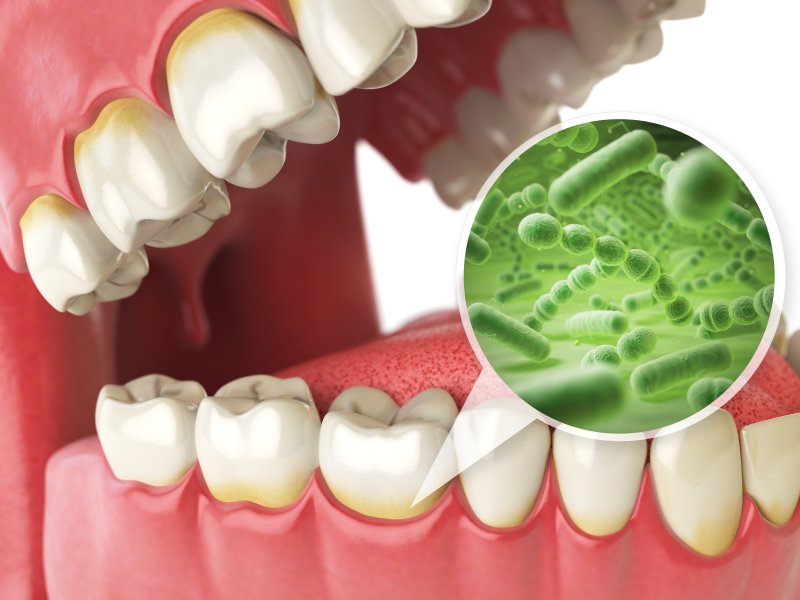
Do you know that your mouth and body health are much more intertwined than you think? If poor oral hygiene habits, decay, disease, or infection exist within the mouth, you can expect signs of other health-related conditions to begin showing, and vice versa. One of the best ways to combat some of the most unexpected dangers associated with harmful plaque and tartar around the gum line is with gum disease therapy in Longmont. Find out more about these dangerous risks and how treatment can help.
What is Gum Disease?
Also known as periodontal disease, this common oral health problem affects more than 80% of the population, many of whom have no idea that they have it. When plaque and tartar spread beneath the gum line, the infection can not only negatively impact the gums, teeth, and bone, but it can enter the bloodstream and lead to serious health-related problems.
What Are Some Unexpected Dangers?
Some of the most common dangers associated with gum disease are:
- Red, swollen, or bleeding gums
- Receding gums
- Bad breath
- Loose teeth
- Painful chewing
- Weakened jawbone
Unfortunately, that is only the start. Your oral health isn’t the only thing negatively impacted by periodontal disease in Longmont. In fact, here are 4 unexpected dangers you may not expect to experience:
- Alzheimer’s: Gum disease and negative cognitive brain function can be linked because of the infection (P. gingivalis) that encourages and boost beta-amyloid, which is tied to Alzheimer’s.
- Heart Disease: When inflammation occurs within the gums, it can trigger inflammation in the cardiovascular system. When the bacteria enters the bloodstream, it can travel to the heart and cause swelling and serious damage resulting in a heart attack or stroke.
- Lung Disease: Considering how your lungs are affected by anything that is inhaled through the mouth, it’s natural for there to be a link between gum disease and lung disease. Inflammation is considered the main factor, and as the gums swell, so can the tubes that allow air to travel to the lungs. This can cause them to become narrower and restrict airflow. In addition, any bacteria that is inhaled will go straight to the lungs and can lead to infection and inflammation.
- Cancer: The bacteria found most commonly in gum disease, Treponema denticola, has been found to appear in certain tumors in the gastrointestinal system. In fact, the enzyme, T. denticola actually encourages and assists the bacteria in invading the tissues affected by gum disease.
Can Gum Disease Therapy Help?
Gum disease therapy can be performed by a dentist in Longmont. Using a process known as scaling and root planing, they can carefully remove plaque and tartar buildup from around the gum line before smoothing out the tooth’s root, allowing it to reattach to the gum tissue. Although a timely process that can require a patient to maintain regular dental visits on a much more frequent basis, it can lessen the chances of developing serious health problems as a result.
Gum health should not be pushed to the back burner. In fact, you should take care of your gums just as much as you take care of your teeth. If you’re unsure of how you can maintain your oral health, talk to your dentist about tips, techniques, and tools that will make the daily routine easier.
About the Practice
At Longmont Complete Dentistry, we offer gum disease therapy for patients suffering from harmful bacteria that has spread beneath the gum line. Dr. Dan Maurer and his father, Dr. James Maurer, know the importance of good oral and overall health, and they know how much it means to you, which is why you can expect a dedicated team of professionals to provide you with personalized care and treatment options. To learn more, contact us at (303) 772-7000.
